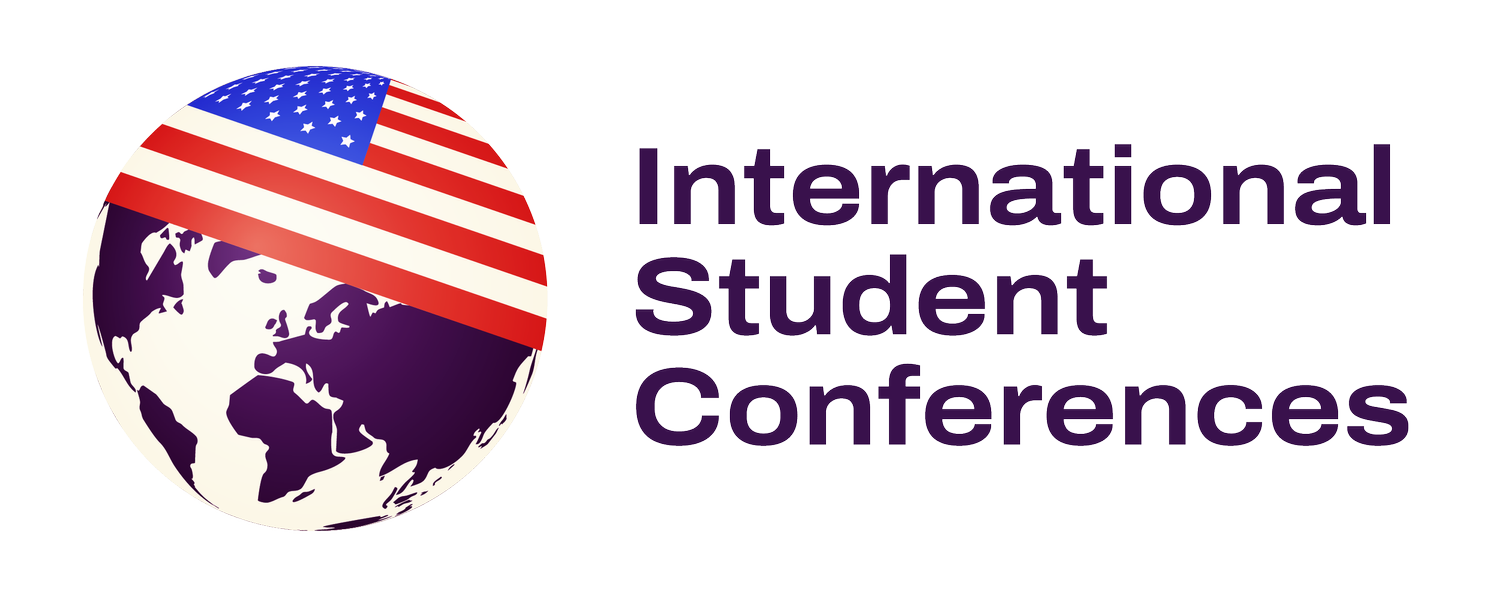KASC 16: The Return
July 11 – 29, 2023. Washington D.C., Seoul, Boryeong.
The 16th Korea-America Student Conference marked 70 years of the U.S.-ROK alliance by doing something the conference hadn't done in three years: meeting in person.
Eighteen delegates — 10 Korean, 8 American — gathered under the theme "Beyond Barriers: Advancing International Competency Through Intercultural Exchange." After years of Zoom screens and digital collaboration, they had to relearn what in-person diplomacy actually requires.
Washington D.C.: Security and Identity
The conference opened in the capital with programming that didn't treat the alliance as a settled fact. The Technology and International Security roundtable examined North Korean illicit finance — asking how a heavily sanctioned regime continues funding its weapons programs and what that reveals about sanctions' limitations.
Sessions at think tanks and government departments focused on immediate threats: North Korea's nuclear program, AI implementation in military defense systems, and the alliance's actual capabilities versus diplomatic rhetoric about shared values.
But security wasn't the only challenge explored. Programming on Asian American experiences during COVID-19 forced examination of how alliance partnerships don't protect diaspora communities from racism. When anti-Asian violence surged in the U.S., alliance talking points offered no solutions.
The Education and Identity roundtable researched fundamental differences in Korean and U.S. educational systems — not just curriculum, but what education is supposed to produce. The International Development Cooperation roundtable examined public transport accessibility, asking whether infrastructure development actually serves the communities it claims to help.
Visits to the White House, Ben's Chili Bowl, monuments, and Smithsonian museums provided cultural context. The D.C. Forum gave roundtables their first test — presenting research progress to guest speakers from institutes and think tanks who asked questions that revealed gaps in analysis.
Seoul: Environment and Education
The Seoul programming shifted focus. Visits to Korean institutes and think tanks provided the Korean government's perspective on issues delegates had studied from American viewpoints in D.C.
The Environment and Climate Crisis roundtable investigated greenwashing — examining how corporations and governments claim environmental progress while continuing harmful practices. Korean government efforts at environmental research and preservation offered case studies in what genuine commitment looks like versus performance.
Educational programming went deeper than comparative analysis. Delegates explored Blue House, Insa-dong, Han River — sites that don't just represent Korean culture but reveal how national identity gets constructed and maintained through physical space and historical narrative.
RT groups prepared for the Final Forum through critical discourse on areas where both governments fail. Not diplomatic critique — actual examination of policy shortcomings, implementation gaps, and resources misallocated.
The Final Forum
At the East Asia Institute, live-streamed on Instagram, each roundtable presented research that demonstrated three weeks of intensive work:
Education and Identity examined different aspects of Korean and U.S. education systems, revealing how each produces citizens with fundamentally different relationships to authority, community, and individual achievement.
Technology and International Security presented on North Korean illicit finance and its implications — showing how traditional security frameworks fail against adversaries who've adapted to sanctions regimes.
Environment and Climate Crisis analyzed greenwashing, demonstrating how sustainability rhetoric masks continued environmental degradation in both countries.
International Development Cooperation investigated public transport accessibility, asking whose mobility matters when infrastructure decisions get made.
The Executive Committee distributed certificates. Then something unusual happened.
Boryeong: Beyond the Conference
Instead of ending in Seoul, delegates traveled to Boryeong. The west-side coast, green mountains, the famous mud festival, and interactions with locals who had no stake in U.S.-ROK diplomatic relations.
This wasn't additional programming. This was recognition that understanding Korea requires experiencing it beyond embassy briefings and think tank sessions — that alliance partnership means knowing what you're partnering with, not just what serves strategic interests.
What Returning Meant
KASC 16 was the first full in-person conference since the pandemic. That context matters because it explains both the careful planning and the moments where things didn't go as planned.
Eighteen people navigating two countries, language barriers, intensive academic programming, cultural activities, and the exhaustion of being "on" constantly. The Executive Committee managed logistics that had become theoretical during virtual conferences — transportation, accommodations, dietary restrictions, schedule changes when speakers canceled.
Applications increased 45% over KASC 15. Delegates represented diverse academic backgrounds but shared recognition that U.S.-ROK relations require sustained engagement from emerging leaders who understand both countries' domestic constraints.
Exit surveys showed expanded understanding of bilateral cooperation, enhanced cross-cultural communication skills, and professional networking development. But those metrics don't capture the American delegate realizing their assumptions about Korean education were based on stereotypes, or the Korean delegate understanding why U.S. domestic politics constrain diplomatic flexibility in ways Korean politics don't.
What Barriers Actually Are
The theme promised advancement "beyond barriers." What delegates discovered: barriers aren't obstacles to overcome through goodwill — they're structural realities requiring navigation.
Educational systems produce different citizens because they're designed to. Security cooperation faces limits because domestic politics matter. Environmental progress stalls because economic interests resist change. Development cooperation fails when it doesn't center the communities being "helped."
Eighteen students entered, wanting to strengthen the alliance. Eighteen students left understanding that strengthening requires acknowledging where interests diverge, not just celebrating where they align.
That's what 70 years of alliance and 16 years of KASC demonstrate: genuine partnership requires honesty about limitations, not just celebration of achievements.
Interested in joining the next Korea-America Student Conference? Click here to learn more and apply.

